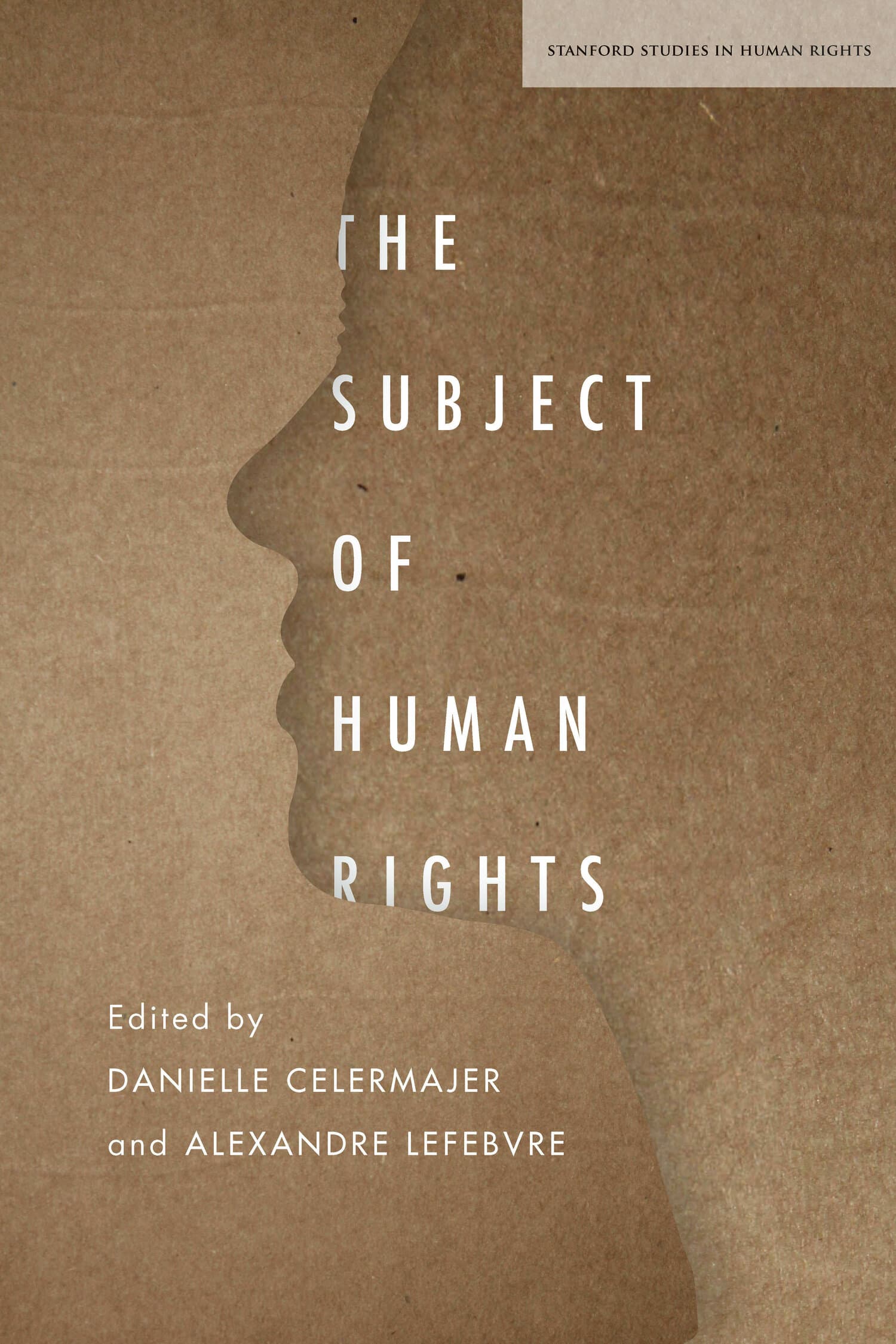Gender and Human Rights Politics in Japan

The main purpose of this book is to revisit prevailing conceptions of the Japanese state—which tend to focus on bureaucratic dominance, party politics, and interest groups—and argue that these institutions cannot explain the extensive legal and political changes concerning women's and children’s human rights since the late 1990s. Instead, the author advances a constructivist approach to examine the impact of global human rights norms on Japan. This approach is exceptional in linking gender, children, and minority rights to Japanese norms.
This book offers an up-to-date account of the changes since the 1990s. It also explores the issue of universalism versus cultural relativism within human rights and feminist debates. Instead of assuming that traditional Japanese culture is at odds with the individualistic and legalistic orientation of international human rights standards, the book discusses how Japanese civil society as well as state actors grapple with the rise of the individual, the new salience of law in resolving conflicts, the emergence of horizontal networks of cooperation, and the practice of “postnational citizenship.”
"The author speaks with the authority of her extensive documentation, personal participation in symposia, seminars, workshops, and other human rights activities, and interviews with Japanese participants."—CHOICE
"Gender and Human Rights Politics in Japan heightens our understanding of how the international human rights movement has affected women's and children's issues in Japan."—Journal of Japanese Studies
"This is an admirably constructed book. It is clear, concise, and forceful, with good evidence and examples that illustrate observations and arguments. It is also a book that challenges many of the conventional paradigms of the study of Japanese politics."—Perspectives on Politics
"Chan-Tiberghien provides us with new insights into the workings of the Japanese state in the age of globalisation."—Asian Studies Review




